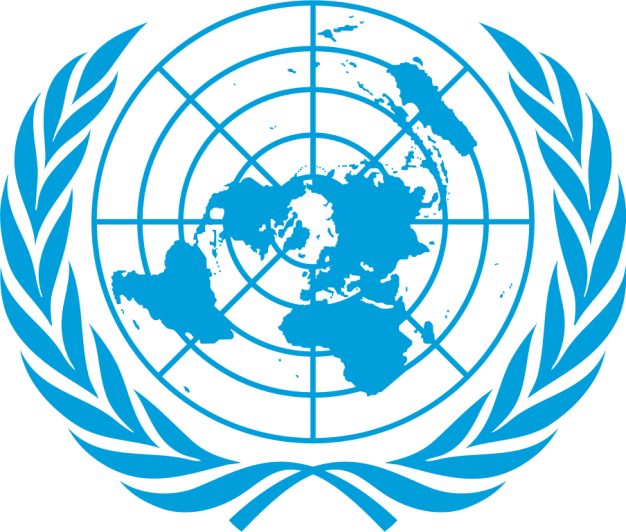
Young people speak up as United Nations’ Child Rights Committee opens 91st session
The United Nations has opened its 91st session, and over the next few weeks will review reports on the efforts of Germany, Kuwait, North Macedonia, Philippines, South Sudan, Ukraine, Uzbekistan and Viet Nam to adhere to the UN Convention on the Rights of the Child (CRC).
Geneva is again hosting this latest session, which runs from 29 August to 23 September, and will hear various testimonies from child professionals and young people themselves on key human rights issues affecting children all over the globe.
In an opening statement, Andrea Ori, Chief, Groups in Focus Section, Human Rights Council and Treaty Mechanisms Division, Office of the High Commissioner for Human Rights, Representative of the Secretary-General, said that armed conflicts, the COVID-19 pandemic, and intersecting political, economic, and environmental crises continued to negatively impact children’s rights globally, yet at the same time ‘children were increasingly standing up for their rights’.
The Committee is now being advised by no fewer than 13 child human rights defenders aged between 10 and 17 years, and the goal is to spread awareness of children’s rights and the environment, with a special focus on climate change. The basis for this is an online questionnaire which involved more than 7,000 children from 103 countries.
Among the testimonies from the children’s advisory team is one from Sameer, who is 16 and from Trinidad and Tobago. He said that the relevant current issues in his country and on a global scale lay in children’s mental health, as well as society’s treatment of immigrant children. The first step in solving societal problems was to spread awareness, allowing information to be disseminated through the Internet in the form of videos and graphics to reach a large audience.
‘A perspective adapted and personalised for children’
Meanwhile Gloria, 15, from Cameroon said that the children’s team had worked on the UN’s child rights documents and brought a perspective ‘adapted and personalised for the interest of children’. She urged the committee to create a framework of actions and expression on the contribution of girls in the policies of the promotion and safeguard of peace in the world.
Mikiko Otani, Committee Chair, said the committee had been given one additional week this session to make up for the shortened 89th in February due to the pandemic. Children, she told delegates, were seriously affected by conflict, climate change, food crises and other humanitarian situations, poverty, and the negative impact of the pandemic, such as the disruption on education and mental health.
Despite this however, children’s issues ‘were not receiving the necessary attention’. The committee, she added, ‘had a crucial role to play’ in calling on member countries and the wider international community to highlight the needs of children and support for them and making the children’s agenda more visible.
Ahead of adopting the session’s agenda, the committee also heard statements from representatives of the Children’s Advisory Team, Child Rights Connect, Office of the High Commissioner for Human Rights, United Nations Educational, Scientific and Cultural Organization, United Nations Children’s Fund, and the Secretary of the Committee.
Summaries of the public meetings of the Committee can be found Click here for summaries of the committee’s public meetings, and here for webcasts. The programme of work of the committee’s 90th session and other documents related to the session can be found here.




